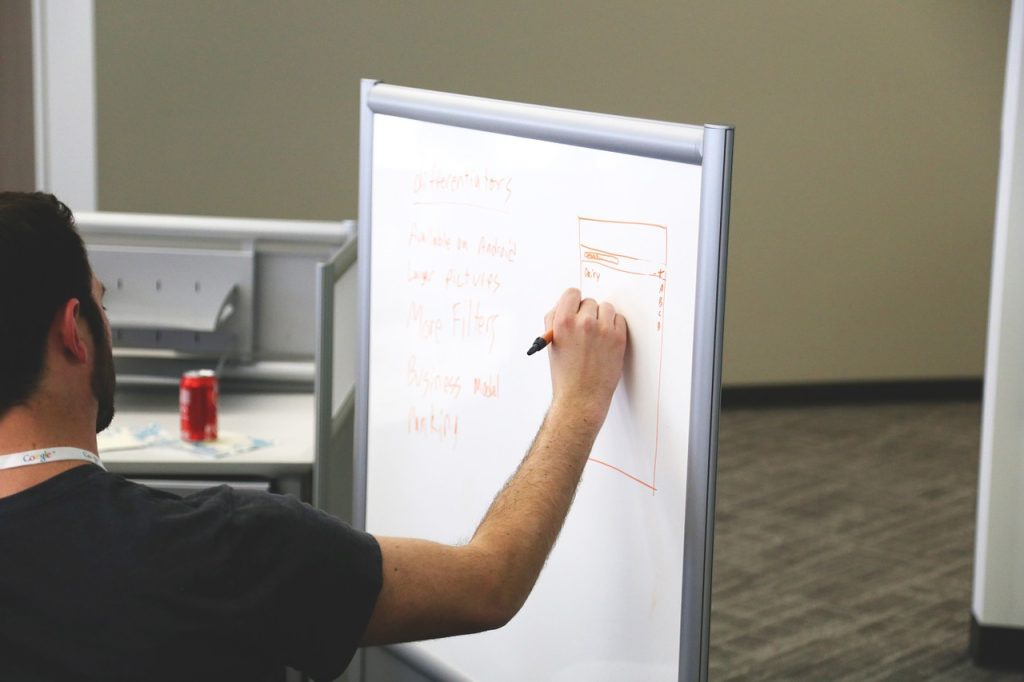Every startup is prone to a phase of complete burnout, either psychological, physical, or financial. There are many reasons that can cause this, but regardless of what the cause might be, this phase can be called the lowest point of your company’s journey. It is at this point that your company is at its most vulnerable stage, as everything slows down and your staff’s morale and productivity drop drastically.
When your company hits this phase, it is important for you to tighten your grip and refine your strategies so that you can keep the momentum going. Before designing a plan to combat this sluggish phase though, it’s important that you understand what the dead weight pulling your startup down is. With that in mind, here are five reasons why your startup might be burning out.
You’re Not On the Same Page As Your Staff
Your staff is the backbone of your company, and by not communicating with them, you’re essentially risking everything. Holding regular company meetings and being open to your staff’s input is extremely important to make sure you know what your staff thinks and wants. By putting your staff’s well-being first, you’re investing in a strong team that will perform much better than it already is and emerges stronger from the burnout phase.
You’re Not Using the Right Tools
Low output numbers are a major problem because they prevent you from pursuing bigger goals and promoting your startup to more clients. You’ll be stuck with the same roster of clients unless you’re able to produce more, and that can put you in a risky position. If the source of your company’s burn-out could be overwork or stagnation, it might be time to look at more equipment and tool options.
Industries everywhere are bustling with innovative tools and equipment that cut down production costs and times greatly. Whether it’s a mixing simulation or automation technology, if it can make your staff’s job easier and produce the output you desire, it’s worth looking into. For a startup that’s slowing down, the right place to begin is by re-evaluating all the production and management tools you’re using and checking if there are some better alternatives.
You Haven’t Been Able to Catch a Break
If you’ve had some busy months, the most obvious reason why the entire office might feel sluggish and uninspired is that nobody has been able to take a break. Long working hours that often stretch late into the night are synonymous with a new startup. This might be a sign that you’re overworking your staff and you might need to scale up your business.
These decisions are obviously quite heavy, so you’ll want to talk about this with everyone before coming to a conclusion. You also need to plan ahead, so save the bigger things for later and allow your staff to either go on a break or make things lighter for them while they rejuvenate. Remember that your staff’s health is much, much more important than a project.
Your Employees Are Bothered By the Startup’s Performance
Employee morale as a collective is often affected by the company’s performance. Staff often feel a lot more discouraged if they see their company underperforming, but that’s a part of every startup’s journey. Situations like these are the perfect opportunity for you to open up your lines of communication with your staff and talk to them about their concerns.
Alternatively, this can also be a sign that you need to re-evaluate your business strategy. Frequent discussions with your staff members could help you combat situations such as these more effectively. This also improves the team’s synergy, which is also a plus. By encouraging each other and brainstorming, you open up the possibility of figuring out new methods to conquer your adversaries.
You’ve Lost the Initial Creative Spark
Startups are all about new ideas, so when an idea stops feeling new, you’ll find yourself losing interest and your passion starts feeling like a chore. This might be the reason why your work environment might feel very glum. You try to solve this problem by allowing your staff to take more breaks or incorporating some fun things into their daily routine so that they get a periodic change in their environment and keep their minds fresh.
Burnout can be a challenging phase for any business, but startups have it especially rough. Solving this crisis requires a good combination of clear communication, strategizing, and rest. With the right attitude, you’ll not only be able to defeat burnout but also get stronger because of it.

